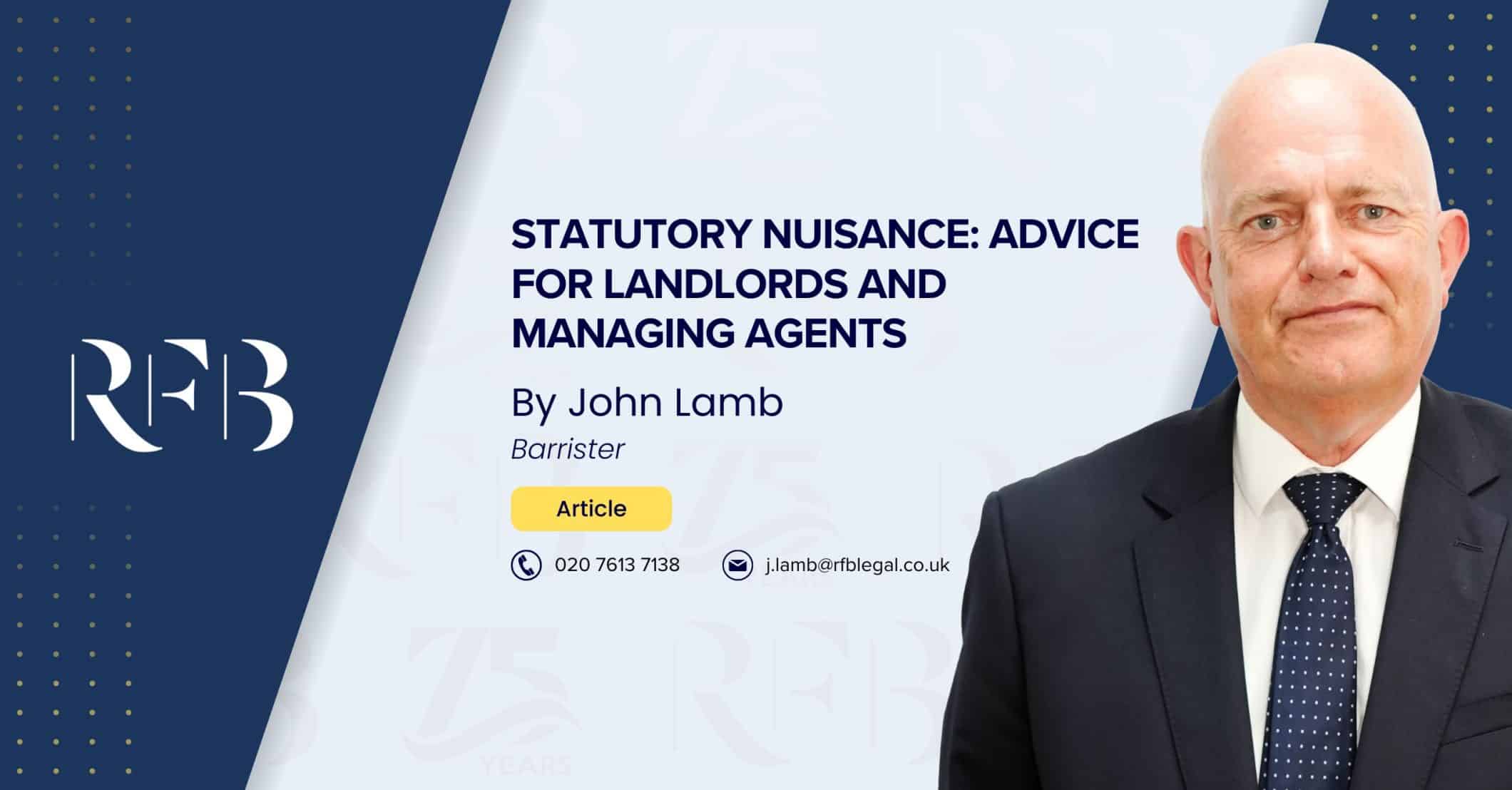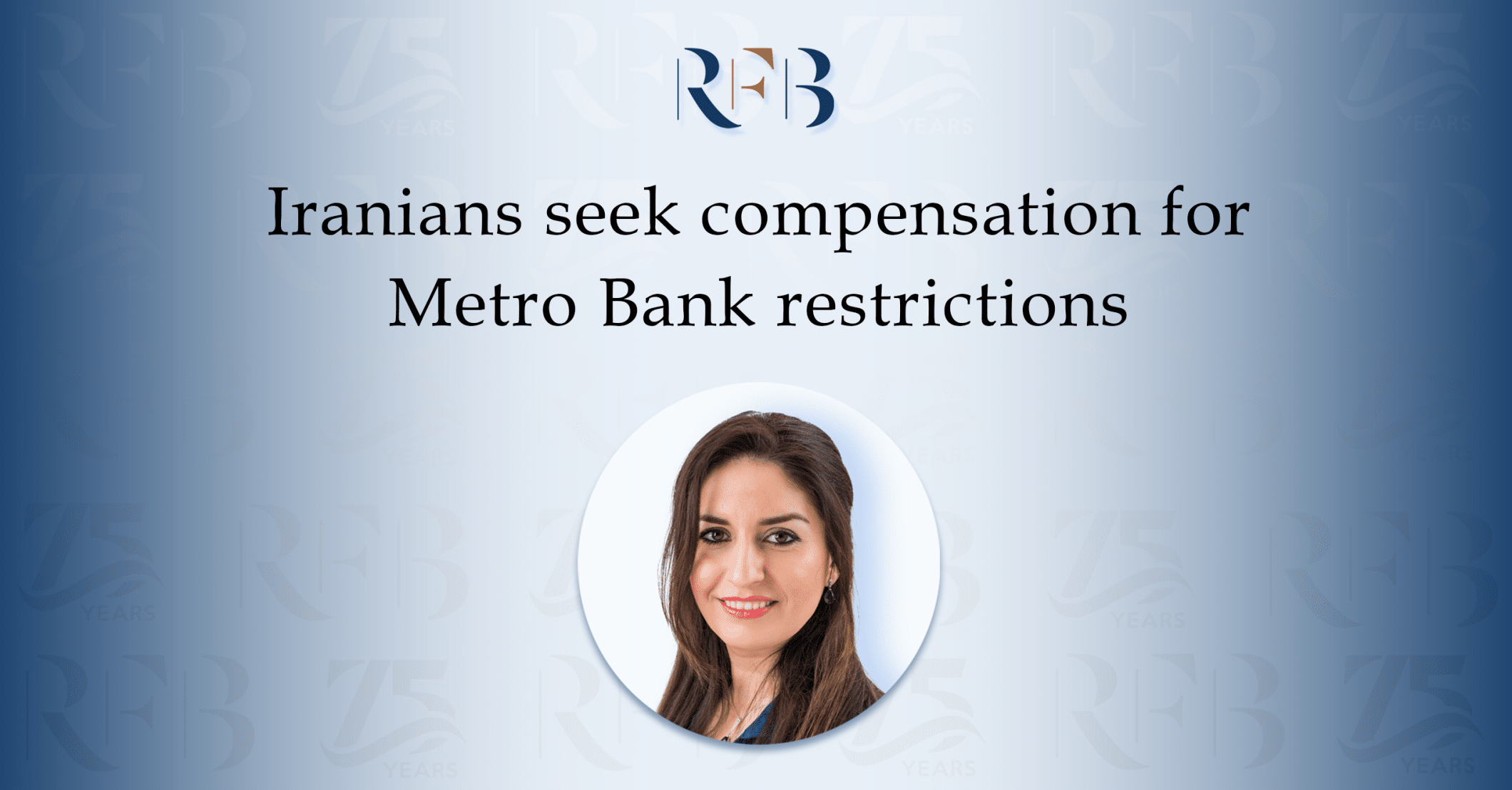My bank wants to close my account. What can I do?
In most cases, through legal action, we can stop the bank, reinstate your account, and collect compensation for you for injury to feelings and legal costs.
In majority of cases, we can achieve this at the pre-action stage before court proceedings are even issued because, generally, banks do not want the publicity of being slapped with a race discrimination claim by a reputable long-standing firm.
Can banks avoid all Iran-related transactions based on their risk management policy?
The answer is generally ‘no.’ Banks cannot blindly discriminate to manage their business risks. Under the Equality Act 2010, race discrimination is unlawful unless it is a proportionate means of achieving a legitimate aim. In most cases, banks cannot meet their burden of proof and, therefore, they are quick to settle when confronted with legal action.
There is no law that prohibits British banks from working with Iranians or facilitating Iran-related transfers. In fact, many British officials have encouraged banks to reinstate their banking relationship with Iran. However, there is still no direct banking channel (SWIFT) between Iran and the United Kingdom, and money transfers are facilitated by money exchange companies.
US sanctions on Iran remain in place and most British banks have financial ties with the United States. Therefore, banks often make a business decision to avoid Iran and Iranians so that they can avoid the risk of US penalties. However, this business decision may be discriminatory and illegal under the Equality Act 2010. However, it is profitable for banks to continue their practices as US penalties can be in the billions of dollars and most Iranians do not take legal action when their accounts are closed.
What can I do to protect myself?
You can do the following:
1. Hire a UK-based money exchange company to facilitate your money transfers.
These companies will receive rials from you in Iran and then deposit pound into your UK bank account from their business account. Therefore, you can avoid multiple cash and third party payments into your UK bank account. It is not illegal to receive funds in this way but it triggers a money laundering review of your account and, if the sender of the funds has legal issues, you can be dragged into complicated legal issues.
If you need a list of UK-based money exchange companies, please contact our Iran Desk.
2. Avoid sudden changes in your balance without notice to your bank.
The banks commonly monitor accounts for sudden increases and decreases in account balance and may restrict an account or transaction when that happens. Therefore, if you expect to receive or send a large transaction, you should notify your bank in advance in writing.
3. Always have two bank accounts.
This will allow you to manage your finances if one account is suddenly restricted. The downside is that you may recover less compensation for injury to feelings since you will be less stressed and anxious when your account is closed.
4. Be ready to provide complete documentation of your source of funds.
Regardless of where the money is coming from, you should have complete documentation to prove your source of funds. This may be a translated sales contract of a property, tax returns from your company in Iran, or rental agreements.
If you are unsure of what documents to provide, please contact our Iran Desk and we will be happy to guide you.
5. Contact us if the bank makes any inquires regarding your account, restricts, or closes your bank account.
The sooner you contact our firm, the better we can assist you. Therefore, we advise you to contact our Iran Desk without delay.
Disclaimer
This article provides only general information and does not constitute legal advice. Every case is different and has to be evaluated on its own merit. To learn more about your rights and the options available to you, please contact our Iran Desk.
Additional Info
News Author: Rokhsareh Vahid







